Traveling to Europe for the first time is an exciting adventure, but proper planning is key to making the most of your trip. From preparing your documents to packing smart, you should know several essential things before starting your European journey. Here’s a helpful guide to get you ready for your first European adventure!
1. Check Your Passport and Visa Requirements
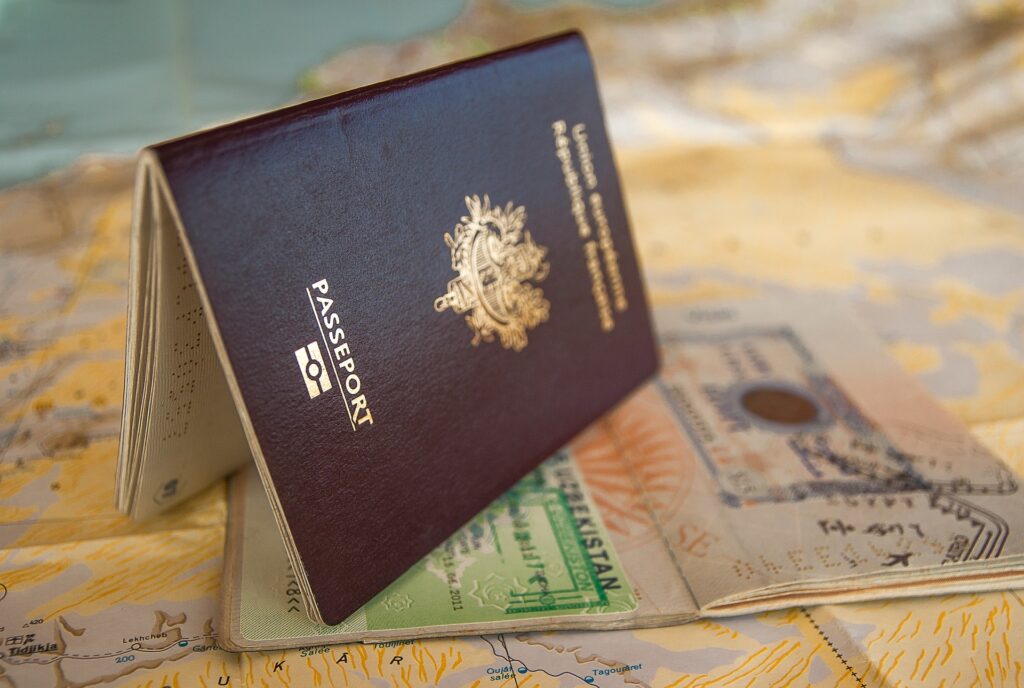
Passports:
Ensure your passport is valid for at least six months beyond your planned stay. Many European countries require this as a standard entry requirement.
Visas:
Check if you need a visa to enter the countries you plan to visit. If you’re from the U.S., Canada, or Australia, you can typically travel to most European countries visa-free for up to 90 days within a 180-day period. For citizens of other countries, research the Schengen Visa requirements, as this visa grants entry to 26 European countries.
2. Get Travel Insurance

Travel insurance is a must for international trips. It can cover unexpected medical expenses, trip cancellations, and lost luggage. Look for comprehensive insurance that includes:
- Medical coverage: In case of illness or accidents.
- Trip cancellation/interruption: For unforeseen circumstances like illness or emergencies.
- Lost or delayed baggage: To cover personal belongings.
3. Book Your Flights and Accommodation in Advance
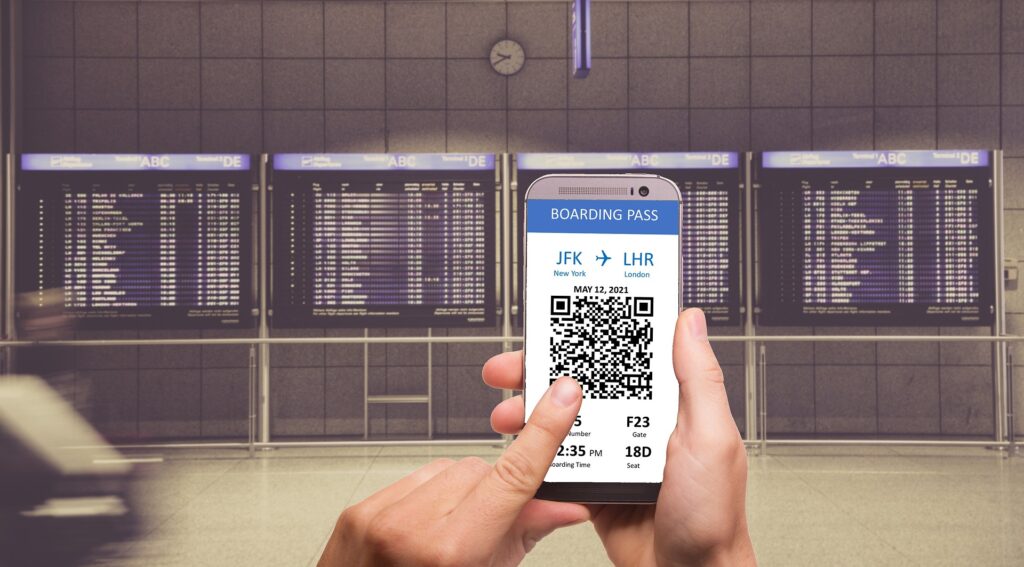
Booking your flights and accommodation well in advance can save you money. Use comparison websites like Skyscanner or Google Flights to find the best deals on flights. For accommodation:
- Budget options: Check out hostels on Hostelworld or budget hotels on Booking.com.
- Apartment rentals: Platforms like Airbnb are great for more flexible stays, especially if you want to cook your own meals and save money.
4. Plan Your Travel Itinerary
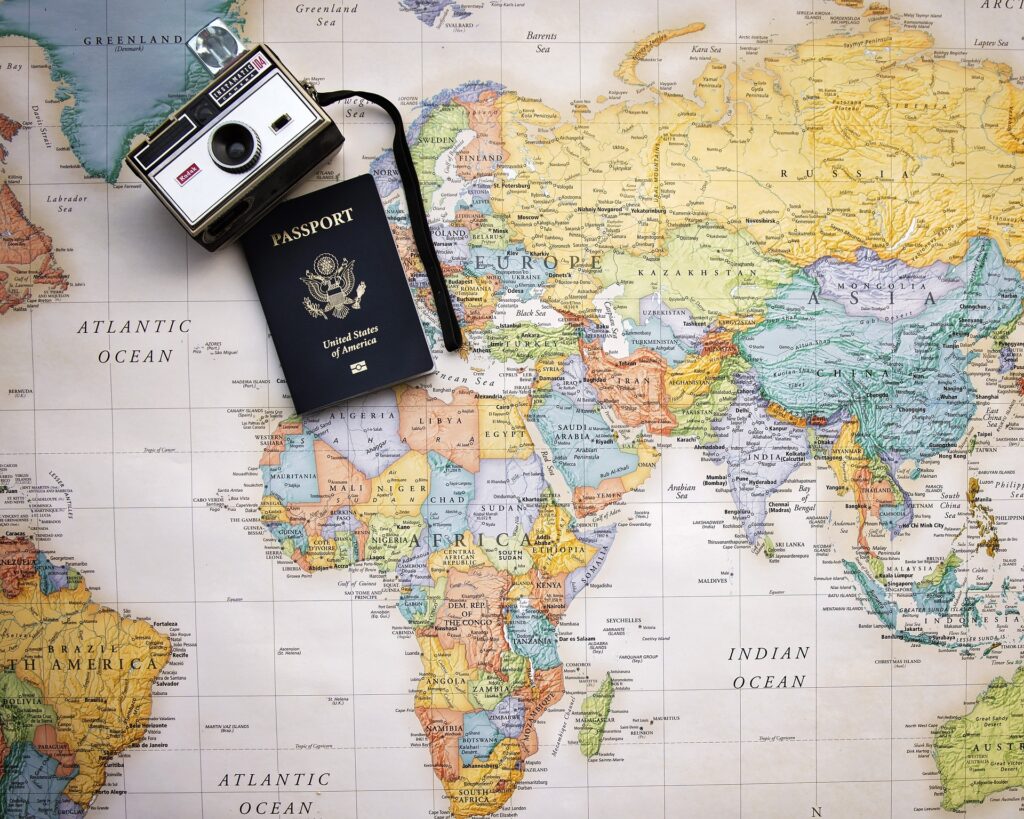
Europe offers a rich mix of cultures, landmarks, and activities, so planning your itinerary is crucial to making the most of your time. Here are some tips:
- Choose key cities: Instead of covering too many places, focus on a few key cities or regions. For first-time travelers, cities like Paris, Rome, and Barcelona offer iconic experiences.
- Factor in travel time: Europe is well-connected by train, but don’t underestimate travel time between cities. If you’re visiting multiple countries, consider using budget airlines like Ryanair or EasyJet for faster travel.
5. Currency and Payment Methods

Most European countries use the Euro (EUR), but some, like the UK, Switzerland, and Sweden, have their own currencies. Make sure you know the currency of the countries you’re visiting and:
- Notify your bank: Let your bank know that you’ll be traveling abroad to avoid blocking your card for suspicious activity.
- Use a travel card: To avoid hefty charges, consider using a travel debit or credit card with no foreign transaction fees, such as Revolut or Wise.
- Have some cash: While card payments are widely accepted, carrying a small amount of local currency for places that don’t accept cards, like markets or small cafes, is always useful.
6. Learn Basic Phrases in Local Languages

English is widely spoken in major tourist areas, but learning a few local phrases can make your trip more enjoyable. Here are some basics:
- “Hello” and “Thank you” in the local language.
- Ask for help politely: “Excuse me, do you speak English?”
- Simple phrases like “How much is this?” or “Where is the bathroom?”
7. Pack Smart and Light
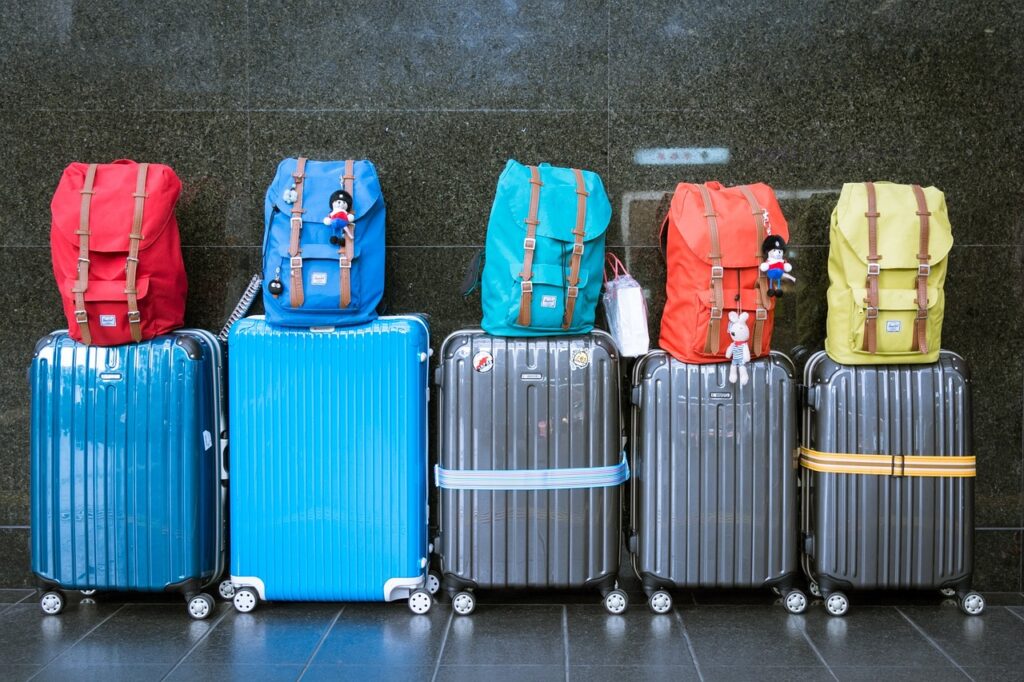
European cities are often known for their cobblestone streets and compact, walkable centers. Packing light will make it easier to move around, especially if you’re taking public transport. Here’s what to include:
- Clothing: Pack versatile, lightweight clothes and comfortable shoes for walking. Layering is key, as the weather can vary depending on the season and location.
- Power adapters: Most European countries use Type C or F plugs. Bring a universal travel adapter with multiple USB ports.
- Reusable water bottle: Europe has excellent drinking water quality, so you can save money by refilling your bottle instead of buying water.
8. Know the Transport Options
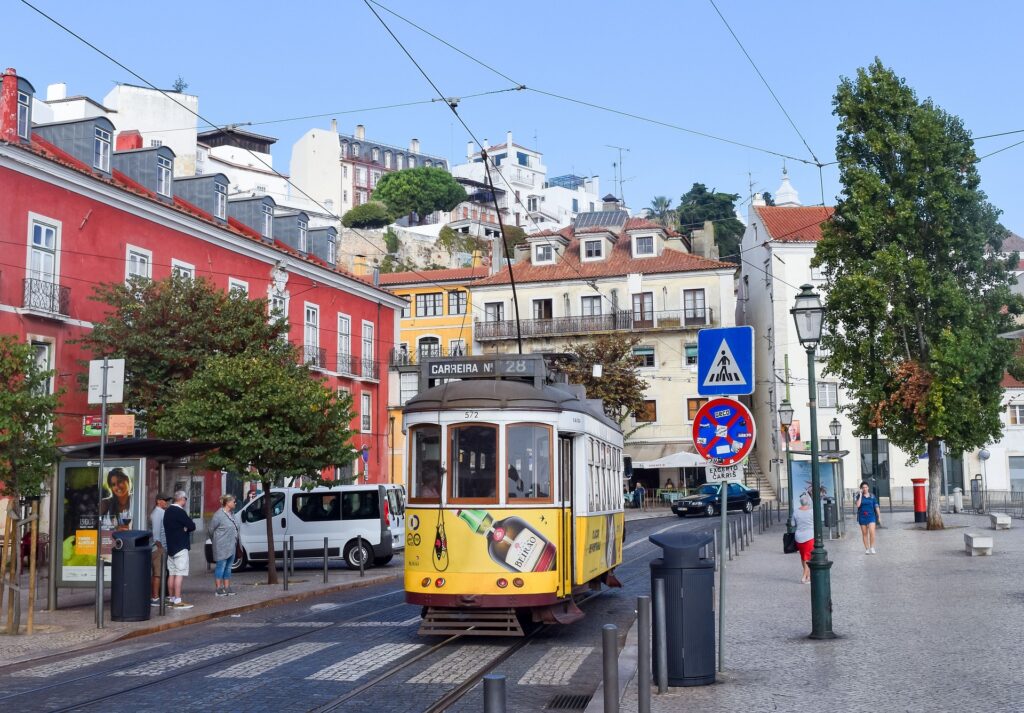
Europe offers a variety of affordable transportation options:
- Public transport: Most cities have efficient bus, tram, and metro systems.
- Trains: The European train network is extensive, and trains are often the best way to travel between cities. Consider buying a Eurail pass if you are traveling by train between multiple countries.
- Budget airlines: Budget airlines like Ryanair, EasyJet, and Wizz Air offer cheap flights between cities for long distances.
9. Stay Connected with SIM Cards or Wi-Fi

To navigate around easily and stay connected with family, get a local SIM card or an international eSIM before you arrive. Many European countries offer affordable prepaid data plans. Alternatively, most cafes, restaurants, and public areas have free Wi-Fi.
10. Respect Local Customs and Etiquette
Each European country has its own culture, and respecting local customs is important. Some general tips include:
- Tipping: In most European countries, tipping is not obligatory but appreciated (typically 5-10%).
- Dress appropriately: Some religious sites may have dress codes (e.g., covering shoulders in churches).
- Be mindful of local laws: Always follow local laws and be aware of rules related to smoking, alcohol consumption, and public behavior.
Conclusion
Traveling to Europe for the first time is an exciting experience; with proper planning, you can make it unforgettable. From checking your travel documents to understanding local customs, these tips will help ensure that your European adventure is smooth, fun, and affordable. Have a Good Journey!
